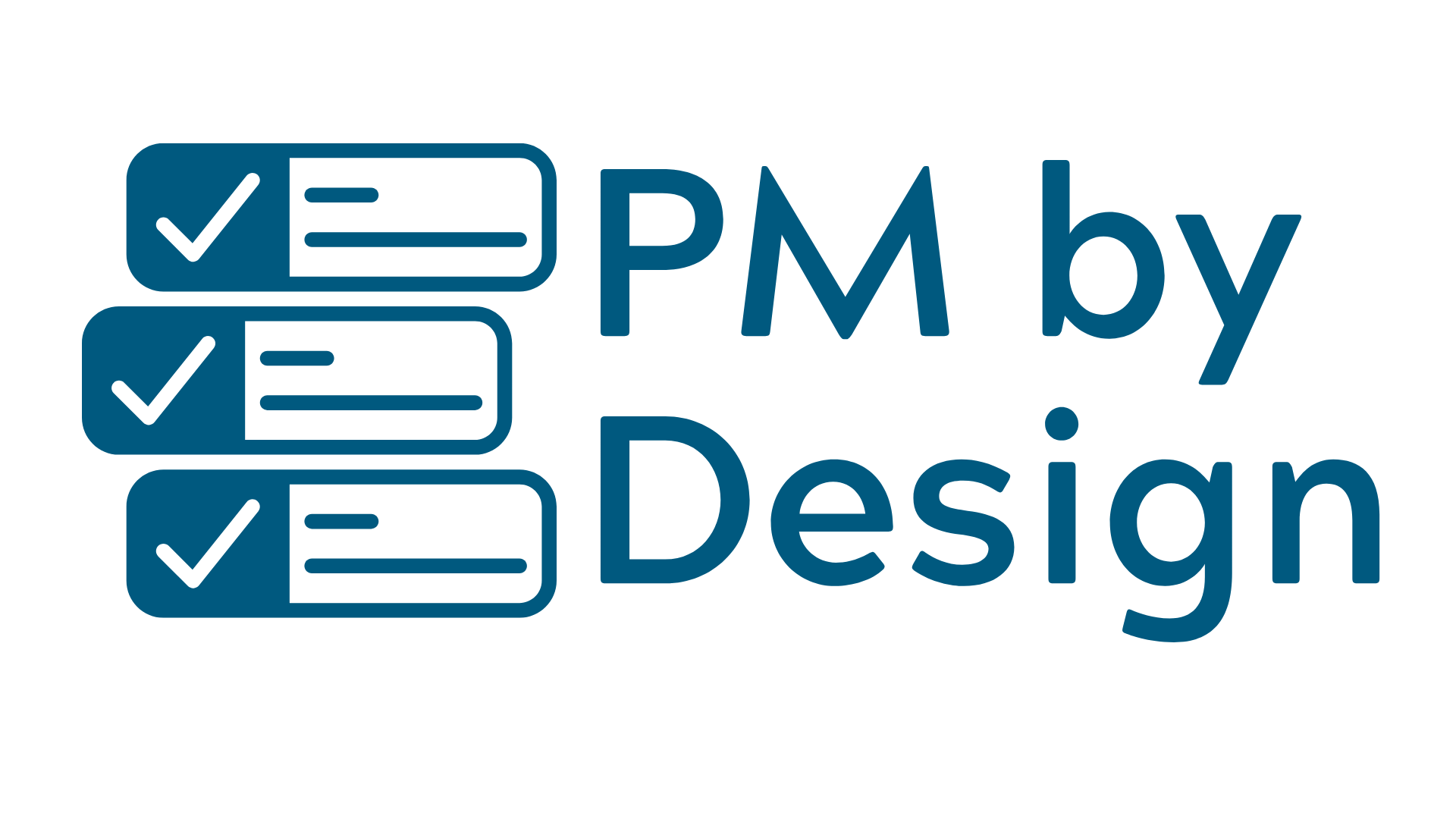What are Key Performance Indicators?
Key Performance Indicators (KPIs) are measurable values used to evaluate the success of a project, team, or initiative in achieving its objectives. In a higher education context, KPIs serve as a tool for assessing how well a project or process is performing and whether it’s on track to meet defined goals.
KPIs can be quantitative (e.g., number of students attending an event) or qualitative (e.g., participant satisfaction rates) and should be tailored to the specific outcomes the project or initiative is aiming to achieve. While commonly used in business, KPIs are increasingly relevant in higher ed to support evidence-based decision-making, accountability, and transparency.
What are the benefits of using Key Performance Indicators?
Incorporating KPIs into your project planning and management processes offers a number of benefits:
- Clear Measurement of Success: KPIs give you concrete metrics to evaluate whether a project is meeting its objectives.
- Data-Informed Decision-Making: KPIs provide the data you need to make course corrections during a project, rather than waiting until it’s complete.
- Stakeholder Alignment: KPIs help ensure that everyone involved in a project or initiative is working toward the same goals.
- Early Identification of Risks: Monitoring KPIs can alert you to issues or inefficiencies before they become major problems.
- Stronger Reporting: KPIs strengthen internal and external reporting efforts, making it easier to communicate progress to leadership or funders.
For example, if you’re overseeing a student success initiative, KPIs might include retention rates, student engagement scores, or attendance at academic support events.
Where might you see Key Performance Indicators in higher education?
KPIs can be applied to a wide range of academic and administrative projects. You might find them used in:
- Strategic planning, where tracking goals related to enrollment growth, student satisfaction, or diversity, equity, and inclusion efforts.
- Student support services, where you might measure utilization rates of tutoring or advising services.
- Academic program review, where assessing KPIs like graduation rates, job placement data, or course completion rates.
- Grant-funded initiatives, such as demonstrating impact through metrics such as the number of participants served, outcomes achieved, or resources distributed.
- Operational improvements, where you might use KPIs to monitor processing times, error rates, or customer service response times.
A step-by-step guide to using Key Performance Indicators
- Start by defining the specific outcomes your project or initiative is trying to achieve. This will form the foundation for selecting meaningful KPIs.
- Identify 3-5 KPIs that are most relevant to your goals. Consider using a mix of leading indicators (predictive measures) and lagging indicators (outcomes after the fact).
- Define how each KPI will be measured and be specific. What data source will you use? How often will it be measured? What’s the target or benchmark?
- Designate who will collect, monitor, and report on each KPI so that you can maintain consistency and accountability.
- Use a dashboard or regular reporting updates to track and communicate KPI progress over time. Tools like dashboards can keep everyone aligned and engaged.
- Regularly revisit your KPIs to determine if they are still relevant and if you’re measuring what truly matters. Consider including them in your after-action review or post-project reflection.
Reflective questions
- What KPIs are currently used in your department or unit, and how effective are they in measuring progress?
- Are your existing KPIs aligned with your institutional goals or the goals of your project charter?
- What is one project or initiative where KPIs could help improve transparency or accountability?
- How could defining KPIs in advance help reduce confusion or potential scope creep during a project?
- What qualitative or “people-centered” KPIs could you use to better assess engagement, equity, or experience in your work?
- How will you share KPI results in a way that encourages learning and improvement rather than judgment?
